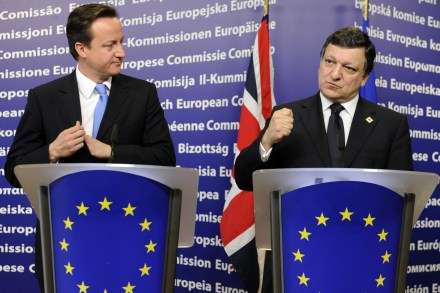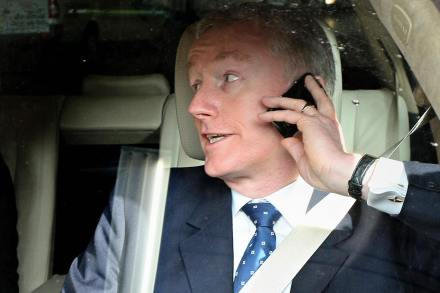Clegg confirms the reshuffle
Nick Clegg’s statement just now was notable for how he stressed that he would like Chris Huhne back in the Cabinet if Huhne emerges from these current difficulties. This echoes what he said in his exchange of letters with the departing Energy and Climate Change Secretary. Cameron — notably — made no such comment in his letter to Huhne. The reshuffle is widely as expected with Ed Davey coming into the Cabinet and Norman Lamb taking his post in the Business Department. But David Laws, who is already acting as an unofficial policy adviser to Clegg, doesn’t make a formal return to the government. Instead the spare pay roll















